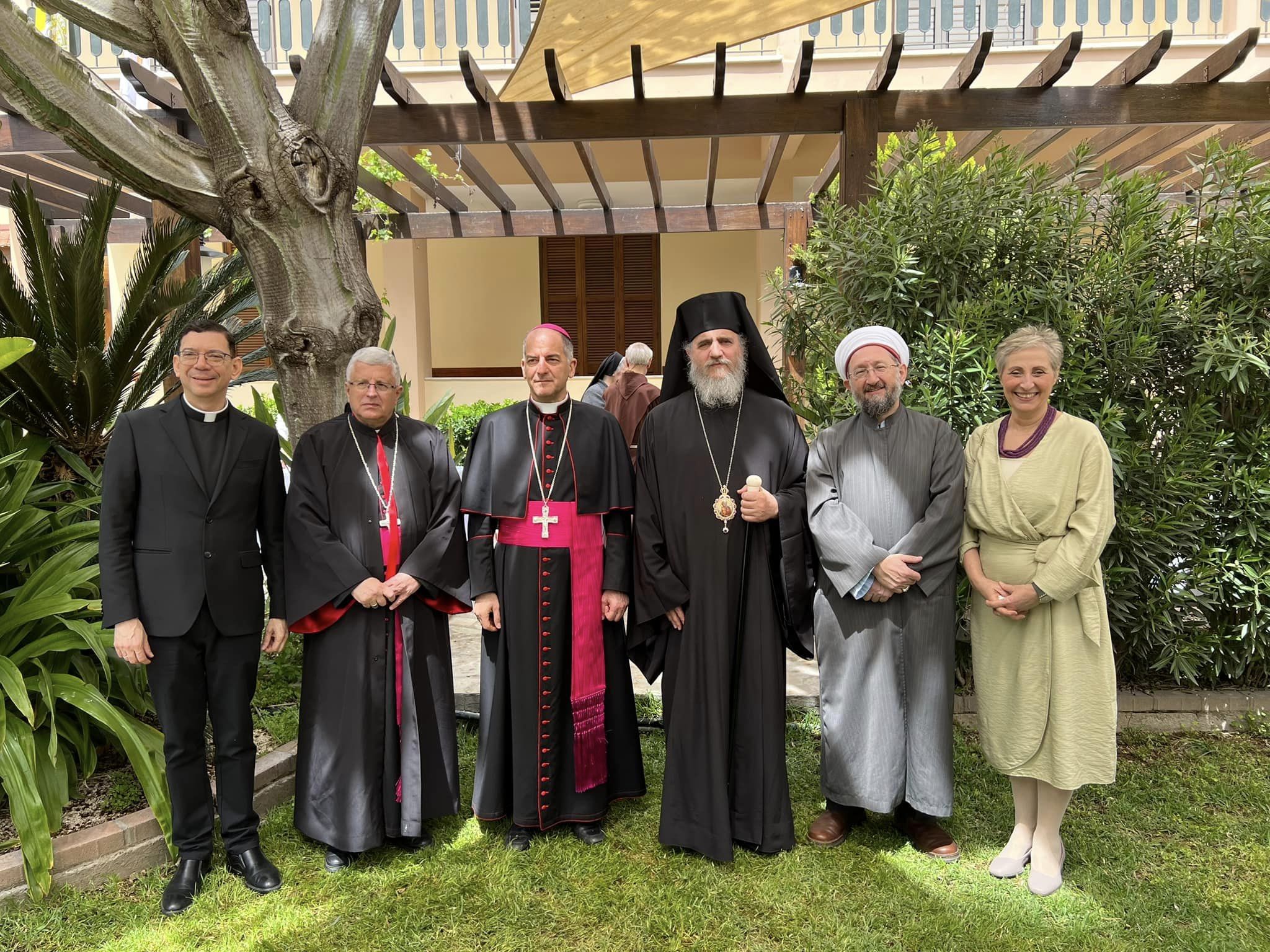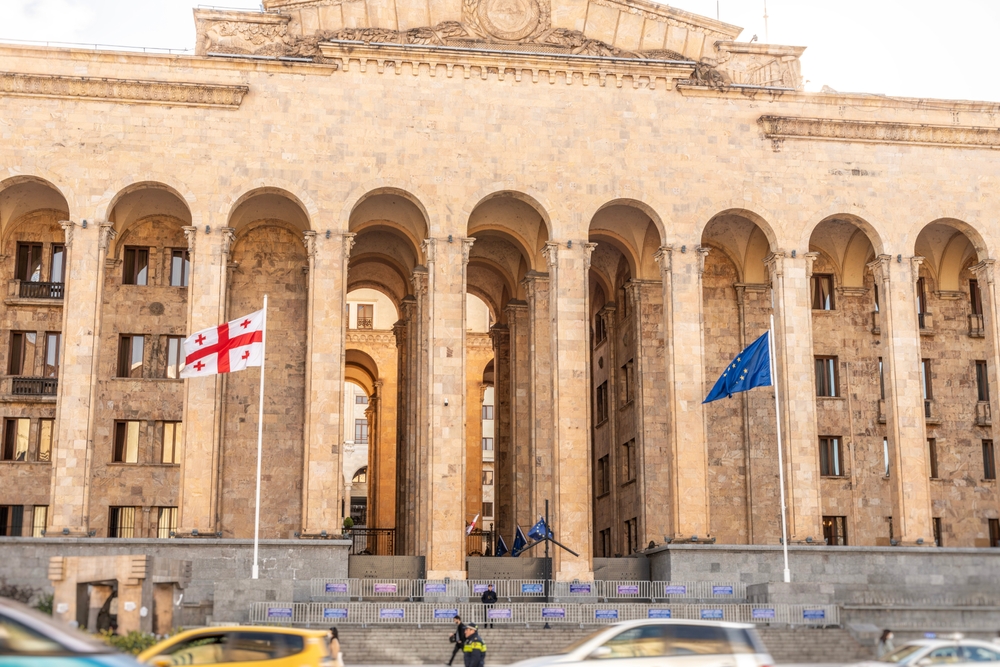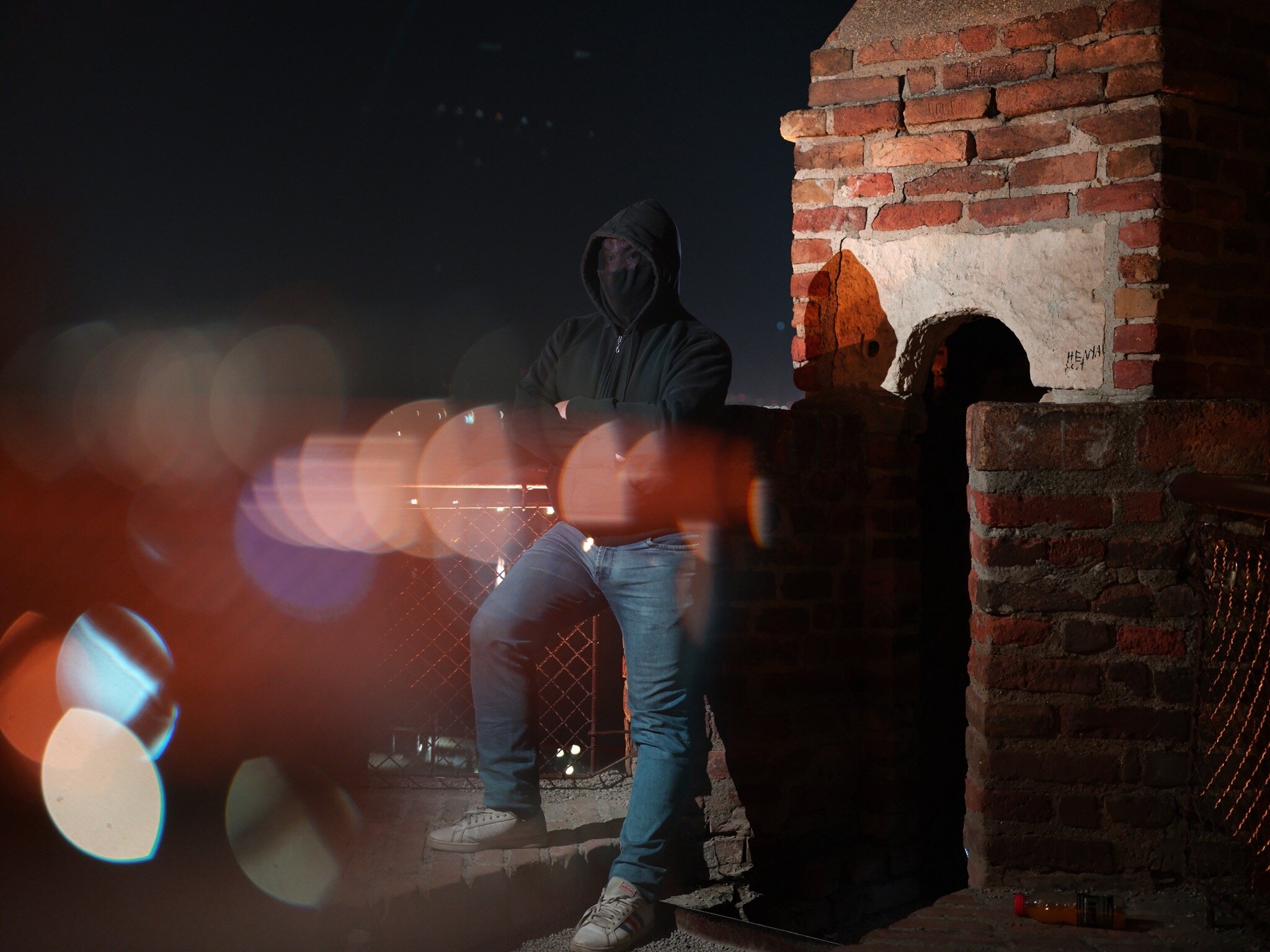-

Project
Serbia's State-Backed Hooligans
In February 2021, Serbian police arrested Veljko Belivuk, the notorious ringleader of a group of...
-

Project
And Who Is a Traitor?
Belarusian police gave an oath to serve their nation. But the regime ordered them to persecute their...



























